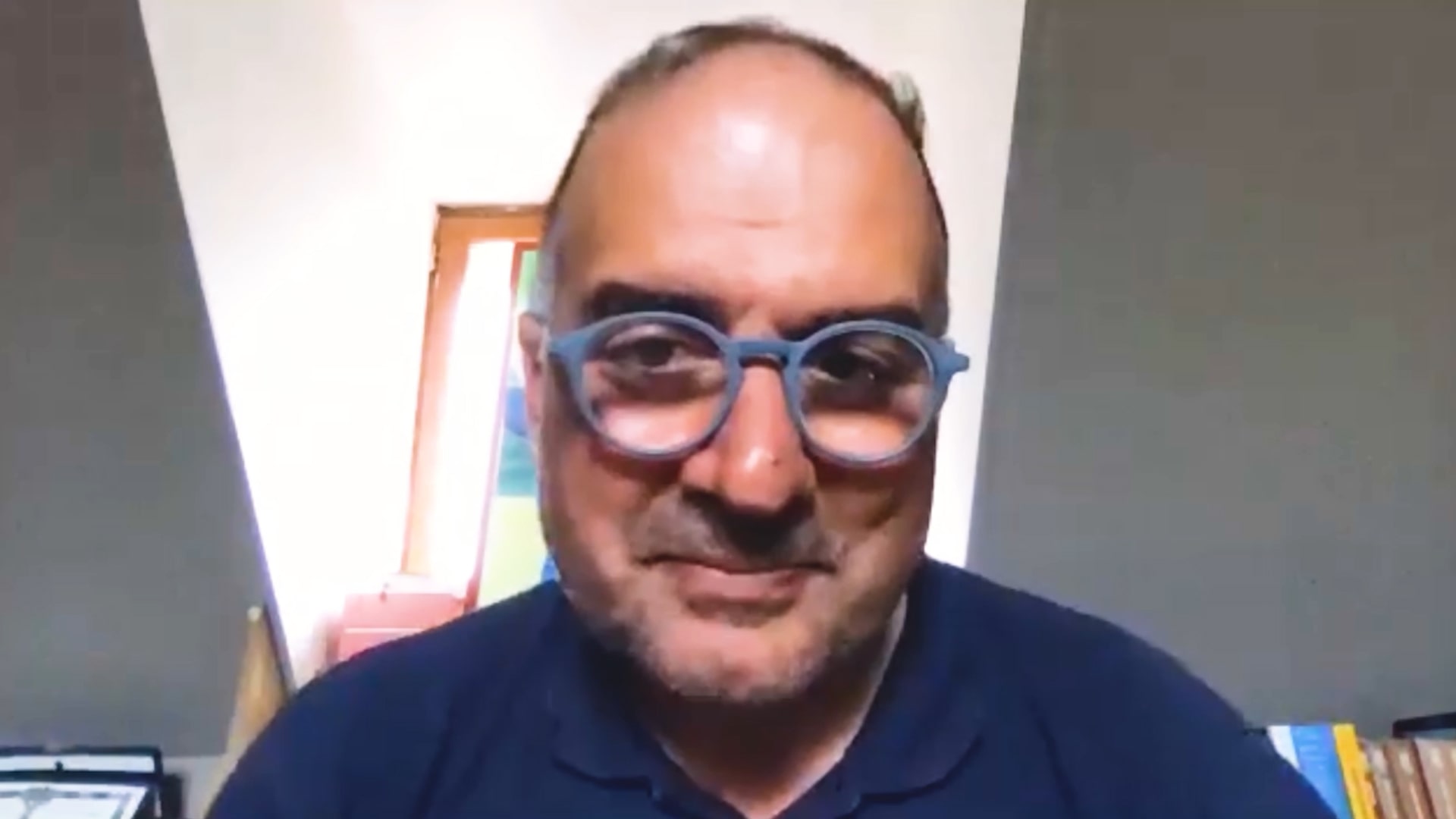
Renegotiating Aircraft Orders
Former Chief Strategy and Marketing Officer at Airbus & Former CEO at MBDA
inpractise.com/articles/aircraft-order-deferrals-cancellations
Why is this interview interesting?
- How airlines could approach renegotiating aircraft orders
- Outlook on the MAX coming back to market
Marwan Lahoud
Former Chief Strategy and Marketing Officer at Airbus & Former CEO at MBDA
Interview Transcript
What would you do with the orders you have, from the airframers? Defer them, cancel them? How would you be looking to negotiate with them?
Let’s not be naïve. Orders are very complex matters. Cancellations are never straightforward cancellations. It’s an ongoing negotiation. You have two airframers. I remember, in 2008, we spent six months of the year reallocating planes, from one airline to another, negotiating cash etc. If I were them, I would be looking for conditions with the airframers. I don’t say cancelling or deferring because, at the end of the day, it’s always conditions.
What about with Boeing and the MAX? If they miss delivery for 12 months, I suppose you can cancel without a fee or a penalty?
They have started having real cancellations. The MAX issue predated the Covid; it was nothing to do with Covid. The light was shed on it by Covid. Until just before Covid, when there was a change of CEO, they were saying, no, no, not a problem; we’ll be out soon. The magnitude of the issue started to be visible, somewhere in February and then you have Covid.
I’m not in their shoes, but if I were, I would bite the bullet. For the time being, they have not accepted the fact that they need to redesign parts of the system. They are still saying, we’re going to patch this and it’s a slight software modification. As long as they do not accept that, okay, we have a problem, we need this plane, there is no way we’re going to launch a 15 billion development that will be available in five years’ time. This is one of the effects of Covid; because we need this plane and we need it quickly, we are going to have a full redesign review of it and we will be spending the money it takes, to make it fly safer. As long as they remain in this, oh, it’s no big deal behavior, they are not out.
What do you think is so hard about making that decision?
Again, I’m missing insights, I would say. Here we move to these leadership facts. There is one rule that suffers no exception. When you have a team around you, you need to be conscious of the skills and you need to be conscious of the profile of each individual and you need to have people playing within their skillset. Let me explain that in more practical and prosaic terms.
Let the engineers do the engineering. Let the lawyers deal with the legal matters. Let the risk managers assess, measure and advise on the risks. Your job, as the leader, is to make decisions. When you make decisions, you make decisions within a frame, and there is no decision that optimizes everything. Deciding is choosing and choosing is giving up.
Copyright Notice
This document may not be reproduced, distributed, or transmitted in any form or by any means including resale of any part, unauthorised distribution to a third party or other electronic methods, without the prior written permission of IP 1 Ltd.
IP 1 Ltd, trading as In Practise (herein referred to as "IP") is a company registered in England and Wales and is not a registered investment advisor or broker-dealer, and is not licensed nor qualified to provide investment advice.
In Practise reserves all copyright, intellectual and other property rights in the Content. The information published in this transcript (“Content”) is for information purposes only and should not be used as the sole basis for making any investment decision. Information provided by IP is to be used as an educational tool and nothing in this Content shall be construed as an offer, recommendation or solicitation regarding any financial product, service or management of investments or securities.
© 2026 IP 1 Ltd. All rights reserved.


